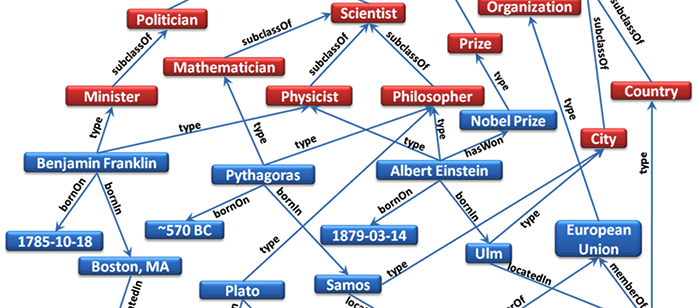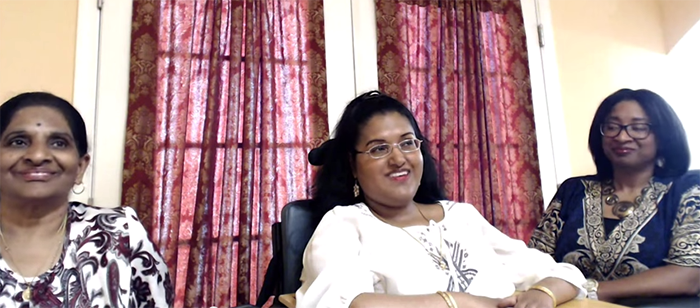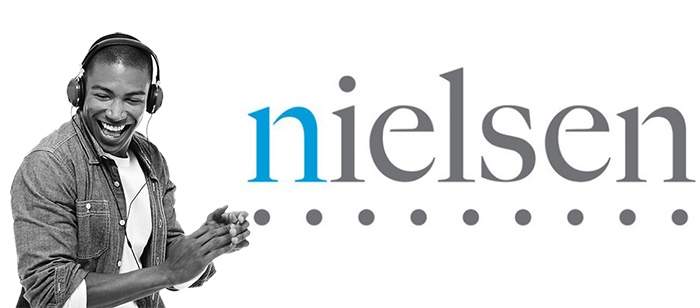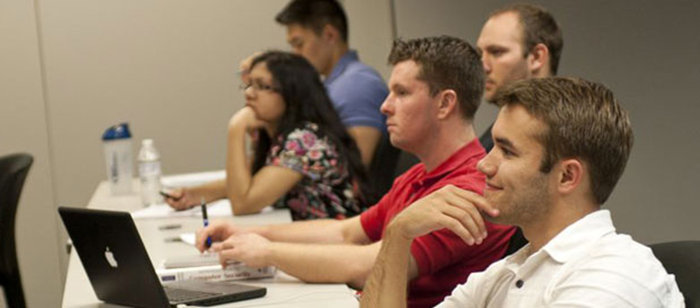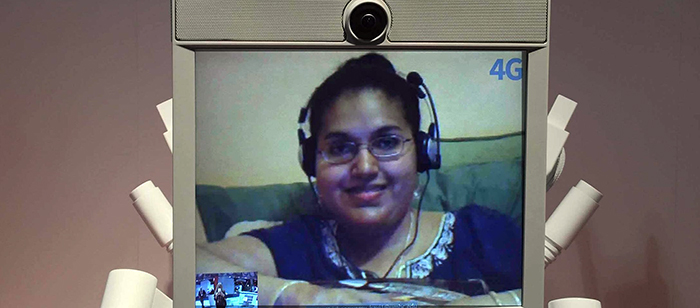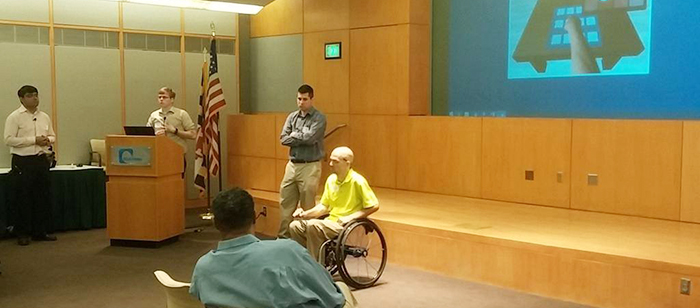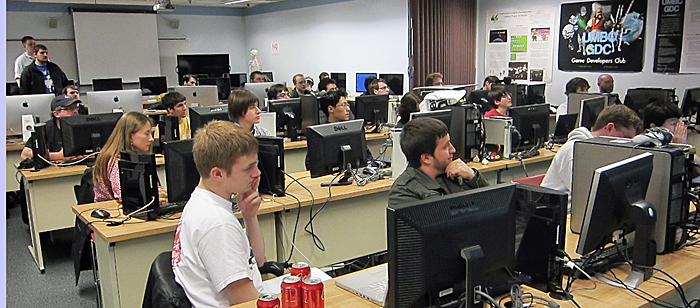
A 12-Month Graduate Research Assistant (GRA) is sought for 2015-2016 to work on a DoD-funded cybersecurity education project at UMBC.
Position Highlights
- 9-month stipend: $18,752.94; 2.5 month summer stipend: $8,000.
- Hours: 20 hours/week (September 2015-May 2016)
- Benefits: tuition and mandatory fees, health insurance
- Eligibility: MS or PhD student at UMBC in CS, CE, EE, or related field (IS, math, education, physics).
- INS Requirements: USA citizen or permanent resident
- Source of funding: Department of Defense via a grant under BAA-003-15 (PI Alan Sherman)
Skills Needed
The GRA will (1) transcribe and analyze interviews of students to uncover their misconceptions about cybersecurity, (2) suggest interview prompts and test questions, and (3) help prepare publications describing the results. This work will include some statistical analysis and use of SurveyMonkey on-line questionnaires.
The GRA will work closely with the investigators, including Drs. Alan Sherman, Dhananjay Phatak, Linda Oliva, Geoffrey Herman, and a post-doc in engineering education to be hired at The University of Illinois, Champaign-Urbana.
Project Summary
Professors Alan Sherman (CSEE), Dhananjay Phatak (CSEE), and Linda Oliva (Education) have been awarded a research grant from the Department of Defense to create two educational cybersecurity assessment tools, to help improve the way cybersecurity is taught. The $294,016 one-year project is joint with Geoffrey Herman at the University of Illinois, Champaign-Urbana (UMBC portion $146,917). The research is being carried out at the UMBC Cyber Defense Lab at the UMBC Center for Information Security and Assurance and will fund a 12-month GRA in 2015-2016.
This project is creating infrastructure for a rigorous evidence-based improvement of cybersecurity education by developing the first Cybersecurity Assessment Tools (CATs) targeted at measuring the quality of instruction. The first CAT will be a Cybersecurity Concept Inventory (CCI) that measures how well students understand basic concepts in cybersecurity after a first course in the field. The second CAT will be a Cybersecurity Curriculum Assessment (CCA) that measures how well curricula prepared students graduating from college on fundamentals needed for careers in cybersecurity. Each CAT will be a multiple-choice test with approximately thirty questions.
Inspired by the highly influential Force Concept Inventory from physics, the investigators are following a three-step process: In fall 2015, with MS student Geet Parekh, they carried out two Delphi processes to identify important and difficult concepts in cybersecurity. Next, they will interview students to uncover their misconceptions about these concepts. Finally, they will draft and psychometrically evaluate questions whose incorrect answers are driven by the uncovered misconceptions. For more information, see here and here.
In 2015-2016, the project will focus on (1) interviewing students and analyzing the results, and (2) developing draft questions.
How to Apply
Interested graduate students should email Dr. Sherman () a resume, unofficial transcript, and statement of interest and qualifications. Include “CATs GRA” in subject header.
